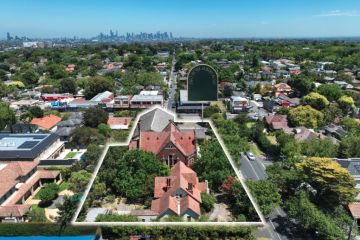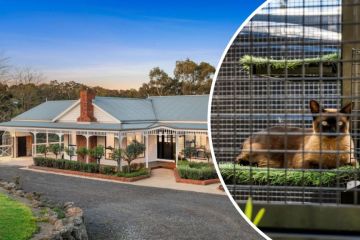Could you live in one house 60 years? The generational shift from lifetime homes to some time homes
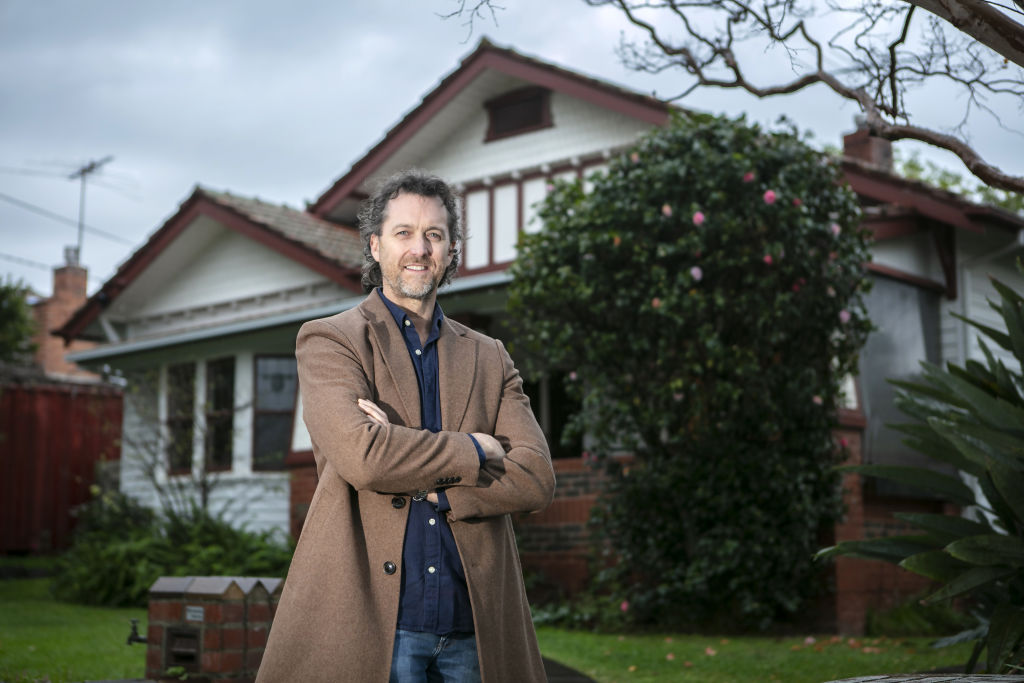
When Andrew McCubbery was growing up in Melbourne’s north-western suburbs, family celebrations were always held at the home of his grandparents, Jack and Ethel.
It was a home to literally last a lifetime. The California bungalow in Strathmore was built by the couple in 1926 and bore witness to all the big milestones – new babies, marriages and deaths – as well as all the other celebrations and everyday moments of joy in between. It was as much a part of the family as any house could ever be.
Now, an amazing 95 years after Jack and Ethel built it, the family are finally ready to let it go. Andrew’s uncle, Reginald McCubbery, who had lived in the home his whole life, recently passed away, and the property has been listed for sale by auction.
“It’s a shame, but it’s just got to the end of its life with us,” Andrew said. “We’re all spread far and wide now, and we all have our own lives to get on with.”
It’s not uncommon to see homes like the McCubberys on the market: long-held family homes with many decades of ownership ready to be passed on to new custodians.
But generational properties are likely to become an endangered species, demographers say, because the way people live in their homes, the reasons they buy them – and the money that’s made on them – has changed.
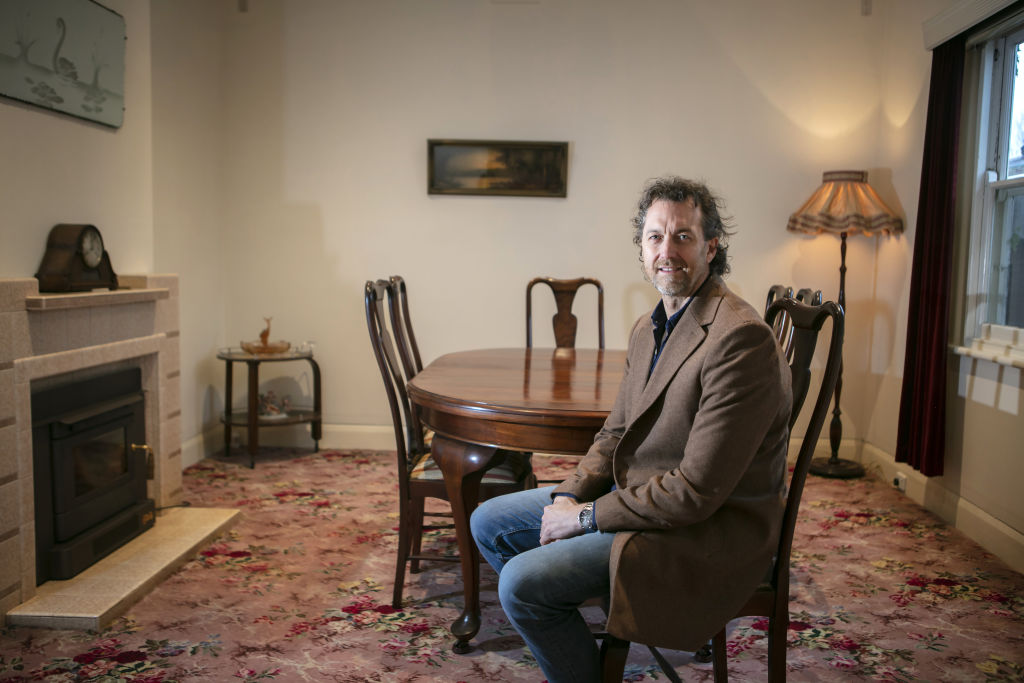
Social researcher at McCrindle, Geoff Brailey, said people used to get one job and stay there their whole working lives, which meant they could feasibly buy a house knowing their commute would never change. However, today’s generation of workers is very different and far more likely to change jobs, which could mean moving house.
“Because of the changing nature of work, for our youngest generation, Generation Z, it’s estimated they will have 18 different jobs in six different industries,” Mr Brailey said.
“They won’t be looking to triangulate that place between where they work, where their kids go to school and where their friends and family live,” he said. “They will move more and move for work.”
Soaring house prices have meant the Baby Boomer generation, in particular, has been using the family home as a type of superannuation, selling up and cashing in to fund their retirement.
While that’s great news for those looking to retire, the flip side of rising house prices meant other generations were far less likely to be home owners and more likely to be long-term renters, he said, adding that these changing trends could see the emergence of more rentvestors, who would buy an investment property, rather than a home, to live in themselves.
Ethos Urban demographer Chris McNeill said he believed a cultural change would come about in home ownership in Melbourne, not only because people were looking to cash in.
“Melbourne people tend to be regionalised – so if you grow up in the ‘sandbelt suburbs [between Brighton and Frankston] you may move away – but eventually you’ll move back to buy a family home,” Mr McNeill said. “It’s been a noticeable trend over the years.”
“But I’m forecasting that, based on the experience of the past 12 months, with COVID-19, they will have a rather more mobile future,” he said.
Working from home, particularly during the pandemic, has seen many Melburnians moving to sea-change and tree-change suburbs in regional areas over the past year, Mr McNeill said.
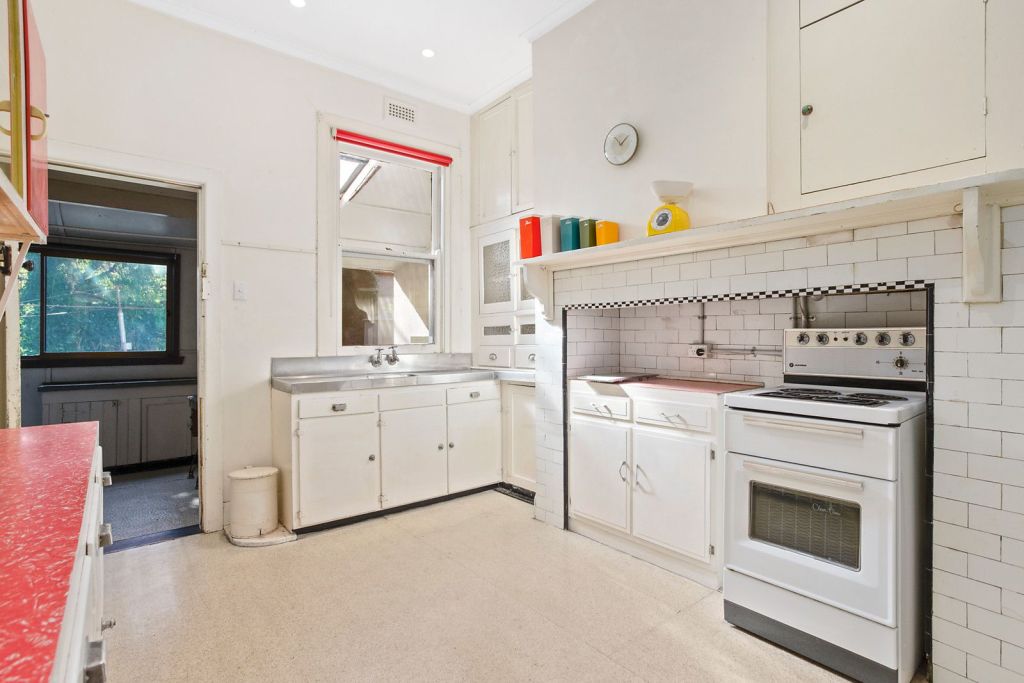
In Sydney, where long-held family homes are snapped up as soon as they hit the market, Belle Property Mosman partner Stefon Bertram said people’s attitudes to houses were undergoing a generational change.
He sold a house in Parriwi Road, Mosman, under the hammer last weekend for more than $5 million. The same family had owned it for more than 50 years, but he said ownership spans like that are on the decline.
“I definitely think people are staying in homes for less time,” Mr Bertram said. “We’re in a generation of people who don’t hold onto their cars or furniture for as long.
“It’s a bit more of a disposable culture – we’re changing more regularly,” he said.
The downsizing trend was also seeing a change in the length of time people owned their larger, family homes, with retirees selling up to be closer to their children.
In Brisbane, Atlas Brisbane’s Steven Gow said the recent federal budget announcement allowing 60-year-olds to put up to $300,000 into their super after selling the family home was likely to see people sell sooner.
“I think it will free up a lot of these properties,” Mr Gow said. “A lot of older people have been sitting and waiting until they go into a nursing home rather than selling up, so hopefully, this will help them make a decision.”
While there is no doubt families who have owned a home for a long time can cash in, there’s also the emotional side of making that decision.
Nelson Alexander Essendon partner David Vaughan, who has sold several long-held properties in recent months, said agents were mindful of the emotion involved and the connections people had to their family home.
“We’re dealing with the family, and you have to understand that they have lived there or grown up there and have that attachment,” Mr Vaughan said.
The emotion is sure to be there when the McCubbery home in Strathmore is auctioned on May 29. Andrew McCubbery is hopeful that whoever buys it will keep and renovate the original home.
He had spent time living there with his uncle when he was in his 20s and said it held a lot of happy family memories.
“It’s hard not to be emotionally attached to the house,” Andrew said. “I feel a lot of people are at the time of life when they’re moving on, and it will be the next generation’s opportunity to start their own dream.”
We recommend
We thought you might like
States
Capital Cities
Capital Cities - Rentals
Popular Areas
Allhomes
More




